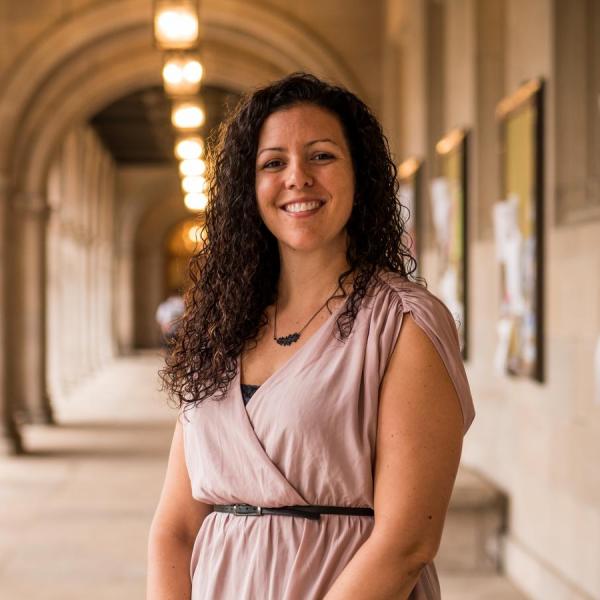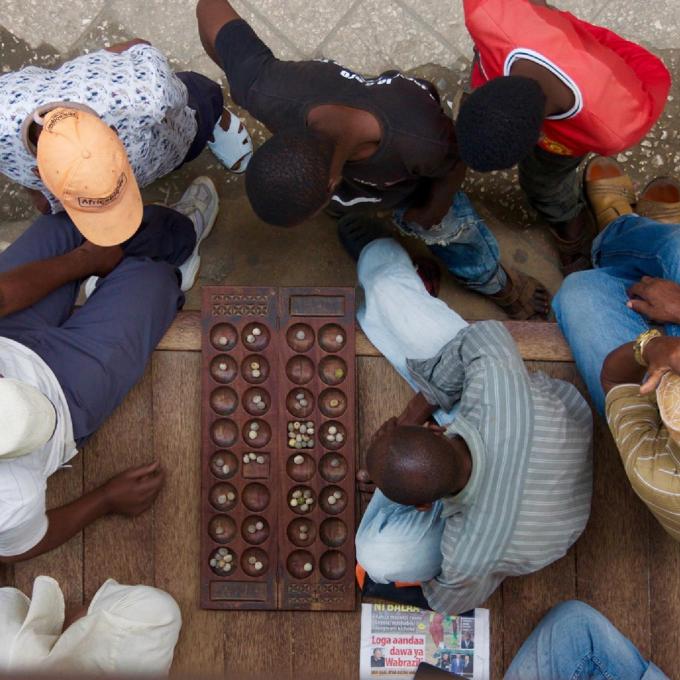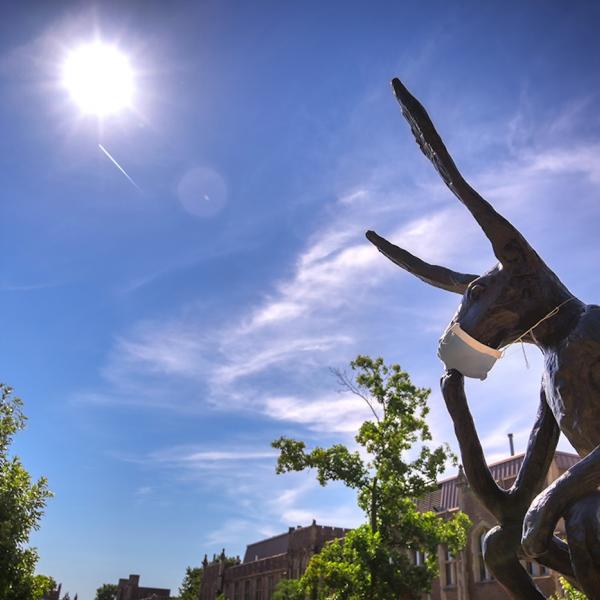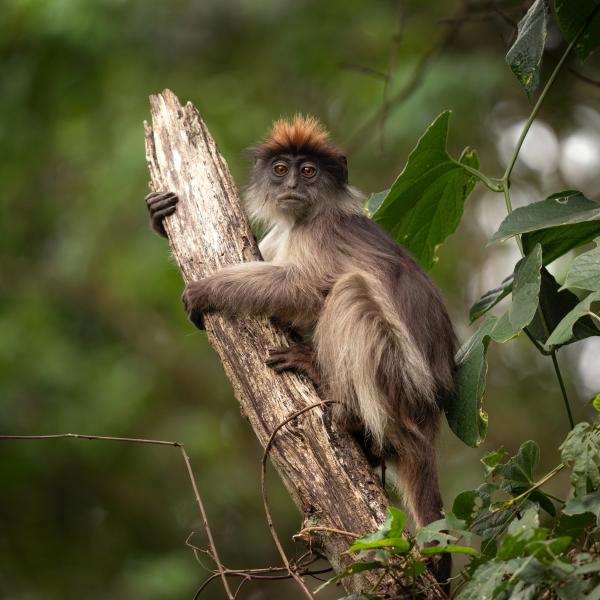Krista Milich is a primate behavioral ecologist and socioendocrinologist with a particular interest in reproductive physiology and sexual selection.
Her work aims to not only understand the proximate and ultimate mechanisms associated with the evolution of primate social systems, but also to use that knowledge to inform primate conservation efforts. She is currently conducting projects in Africa and South America. Her primary field site is Kibale National Park, Uganda, where she has a long-term project on red colobus monkeys. She also collaborates with local colleagues in Uganda on a community conservation project to reduce human-wildlife conflict. Her current work also includes studying Zika virus in primates in the Americas, social networks and the gut microbiome, and hormonal correlates of male spider monkeys and woolly monkeys in the Amazon.
She received her Ph.D. in Anthropology from the University of Illinois at Urbana-Champaign with her dissertation titled “The impact of habitat quality on female red colobus (Procolobus rufomitratus) reproduction in Kibale National Park, Uganda”. After graduating, she became a postdoc in the Institute for Mind and Biology at the University of Chicago studying behavioral and physiological variation among high-ranking male rhesus macaques (Macaca mulatta) on Cayo Santiago, Puerto Rico. In a subsequent postdoc in the Department of Anthropology at the University of Texas at Austin, she expanded her laboratory skills to include genetics work and began studying spider monkeys and woolly monkeys at Tiputini Biodiversity Station, Ecuador. Through her field work and laboratory analyses, she takes a comparative approach to understanding primate behavioral ecology.
